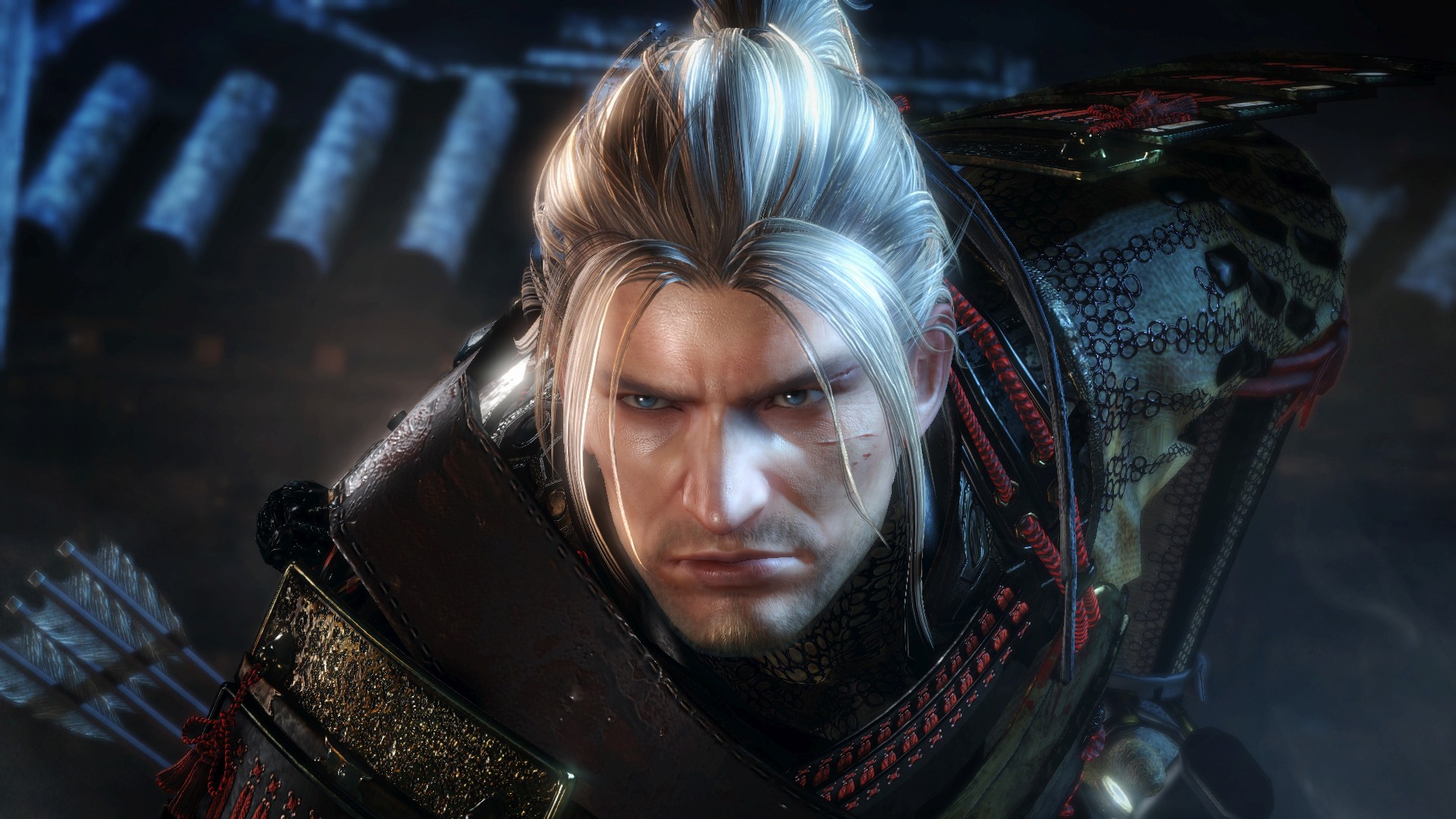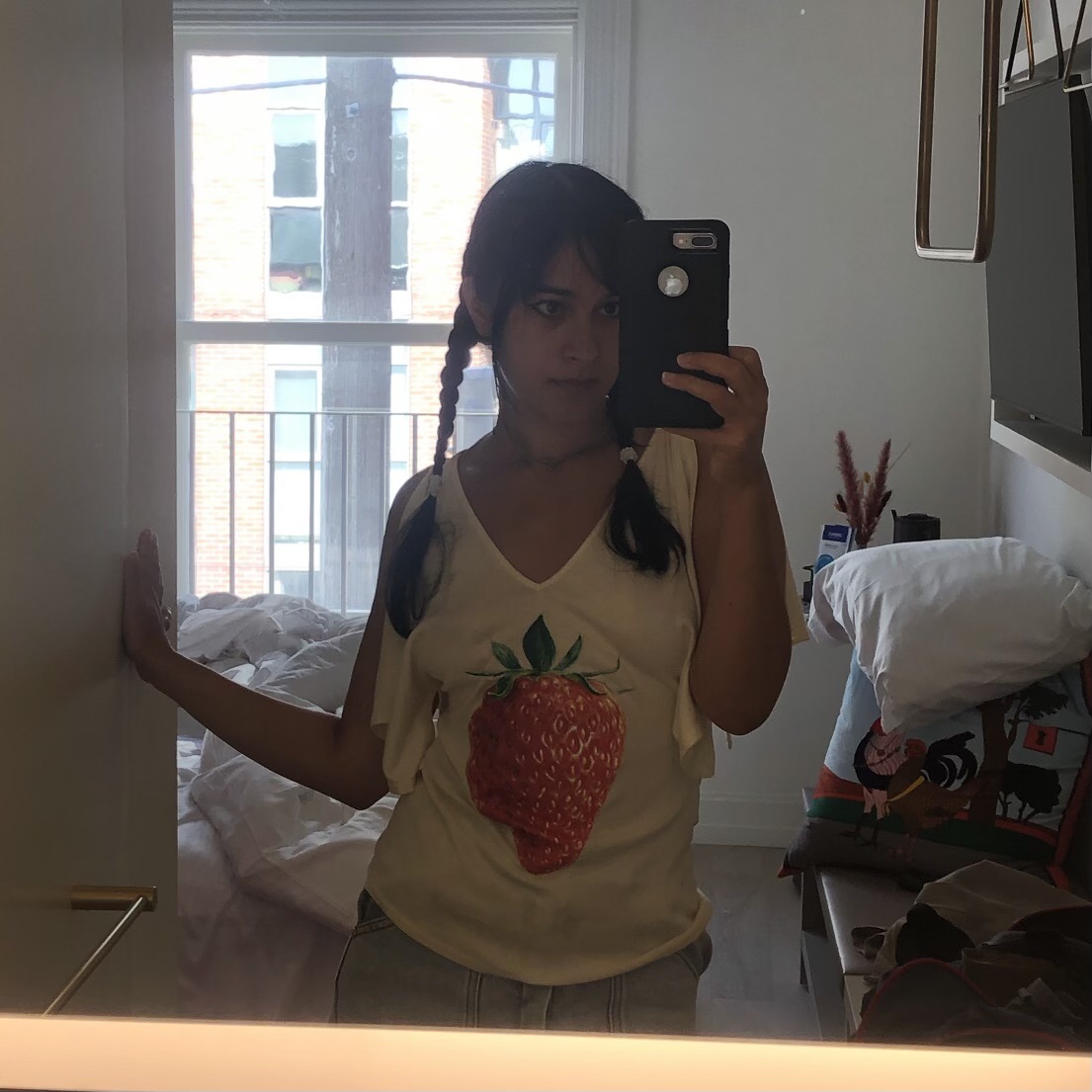Nioh studio founder says if he wasn't in charge, he would have been fired for spending 12 years and 3 reboots making the action RPG
It's a long path to greatness

Hack-and-slash extravaganza Nioh was in production purgatory for so long, Koei Tecmo co-founder Yoichi Erikawa says he would have been fired for it had he not been responsible for the lengthy development period.
"After remaking it three times, we put out a good game," Erikawa — according to a translation from Automaton — tells Japanese magazine Den-fami Nico Gamer. He jokes: "Development took 12 years. If it were someone working under me doing this, they would have been fired."
In Erikawa's defense, the results of his exactitude speak for themselves. Nioh, which was announced in 2004 and released in 2017, is an action RPG with combustive combat and a vision of feudal Japan that's so bewitchingly dark, it's blinding. He says that it's a "a game I pursued self-indulgently," but it certainly paid off in the end.
And, like Dark Souls and other notoriously difficult video games, Nioh ingeniously makes you feel like Sisyphus, had he fallen in love with his rock; every back-breaking milestone you reach makes you desperate for more. Plus, there's a boss battle with a giant toad, which is awesome.
"Nioh was created when Koei and Tecmo merged, and it combined the strengths of both companies into something entertaining," Erikawa says, adding that while "Koei's forte was historical games," Tecmo "excelled" with the action genre - the perfect recipe to create Nioh. Good things come in time, clearly, and there's no doubt that the combination of the two studios' strengths worked a treat.
What the hell is a Souls-like? Game devs break down FromSoftware's accidental genre.
Sign up to the GamesRadar+ Newsletter
Weekly digests, tales from the communities you love, and more

Ashley is a Senior Writer at GamesRadar+. She's been a staff writer at Kotaku and Inverse, too, and she's written freelance pieces about horror and women in games for sites like Rolling Stone, Vulture, IGN, and Polygon. When she's not covering gaming news, she's usually working on expanding her doll collection while watching Saw movies one through 11.


